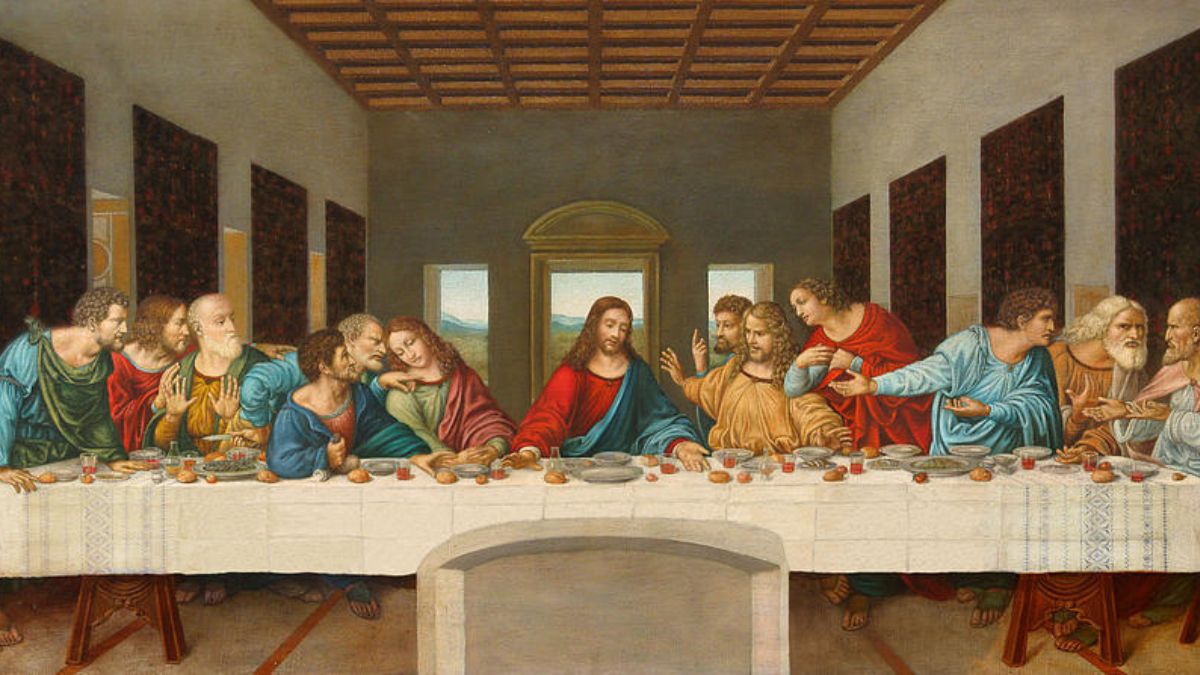

BreakPoint
Lost in the Culture
Are Christian teens different from their non-Christian friends? Sadly, when it comes to belief and morals, too often the answer is, No. Josh McDowell and George Barna have surveyed teenagers across the country. They report that even young people who've accepted Christ as Savior embrace the same world view and relative morals as their non-Christian peers. Their survey, of nearly 4,000 teens ranging from 11 to 18 years old, is a wake-up call that secular society is winning away the minds and souls of Christian young people. For example, 57 percent of evangelical teens say there is no absolute standard of truth. This means that even our Christian young people are succumbing to the postmodern notion that Truth is merely relative. And mind you, of these teens, 86 percent report a personal commitment to Christ and 80 percent attend church every week. Not surprisingly, then, even evangelical teens who think truth is relative also think morality is relative. Eighty-five percent of the teens surveyed agree with the statement: "What is right for one person in a given situation might not be right for another person [in the] same situation." If you thought "situational ethics" was a thing of the past, think again. It is alive and well—even among believers. The moral relativism of situational ethics shows up in the teens' behavior. Sixty-six percent admit they've recently lied to a parent or teacher. Twenty-three percent admit they've tried intentionally to hurt someone. High rates of cheating, pornography, and premarital sex also were reported. Why are Christian teens falling prey to relativism? Josh McDowell may have the answer. "In past decades," McDowell says, "children grew up [with] absolute standards for behavior. [In] the '90s, our children are being raised in a society that rejects a standard of truth and morality, of right and wrong. Truth has become a matter of taste; morality [has become] a matter of preference." Even parents who tell children what they ought to do often "fail to explain why the commands are right or wrong," McDowell goes on. Parents too often "stop short of providing a defense of truth." In other words, the postmodern notion that there is no truth is gaining ground even in our evangelical churches, among evangelical families. This is shocking, but we have no one to blame but ourselves. We have to start by working with our own children. First, we need to make sure they are reading—learning—the Bible. But that's only the beginning. We also have to give our children evidences of the truth of Scripture. There are compelling arguments— historic and scientific—to defend the historicity of biblical revelation. Kids won't even hear about this in their schools. Nor will they ever hear any arguments for the existence of absolute truth. Schools, sadly, are hotbeds of relativism. It's up to you and me to make sure our children know the Bible and the cultural evidences of its truthfulness. There are many fine resources to help you with this task; several are listed on the back of this transcript. If we ever expect Christian teens to be different from their secular counterparts, the task begins in our living rooms.
12/8/94















